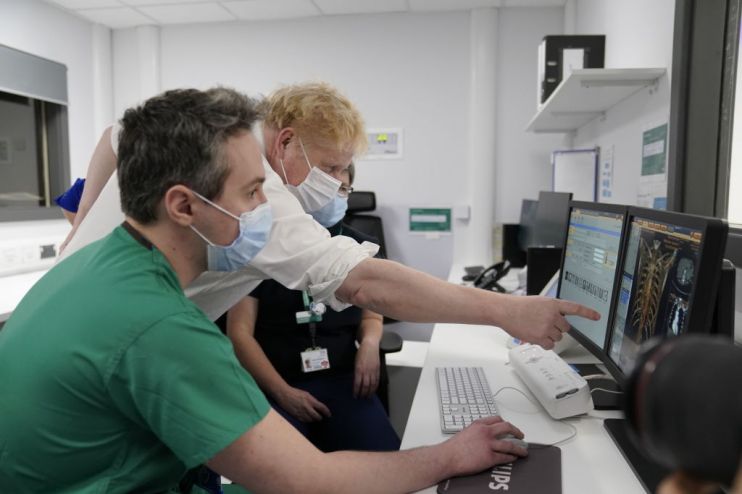Rutherford Health collapses in another blow for Woodford’s failed investment empire

Rutherford Health collapsed in administration yesterday, in yet another blow for Neil Woodford’s failed investment empire.
The private oncology provider had thrown more than £240m at developing four therapy centres between 2015 and 2019, in what managers have now called a “flawed expansion strategy” which contributed to “unsustainable cash burn” and ultimately its financial downfall.
Around 280 job losses are expected as a result.
Woodford had pumped £100m into the cancer treatment provider, between 2016 and 2019, up until the collapse of his investment firm Equity Income Fund, which managed some £3.7bn in assets.
Link Fund Solutions, the company tasked with the winding down of Woodford’s failed investments, was reported to have received an offer last year for its stake in Rutherford, but City A.M. understands no formal offer was ever made.
However, Link is now battling two legal advances on behalf of a collective 13,500 wronged investors – which is expected to grow to 20,500 – who claim Link failed to protect investors.
Law firm Harcus Parker filed the £18m claim against Link on Friday morning with London’s High Court, piling pressure onto another claim made by fellow law firm Leigh Day.
Tim Creed and Roger Doig, portfolio managers at Rutherford, admitted the company had placed too much focus on proton beam therapy, a form of radiotherapy, which they said is a “better clinical option for many patients” but has “very limited reimbursement” in the UK.
Rutherford, which works with the NHS and Bupa in centres across England and Wales, had rushed to appoint new leadership in December amid a spiralling fiscal situation.
“We put in a new leadership team which vigorously pursued multiple options over the last months to seek to preserve value for shareholders but ultimately could not correct the inherited severe underlying challenges in the business,” said Creed and Doig.
The healthcare firm, of which Schroder UK Public Private Trust was also an investor, was formerly known as Proton Partners International up until 2019, and was the first company in Britain to offer high-energy proton beam therapy.